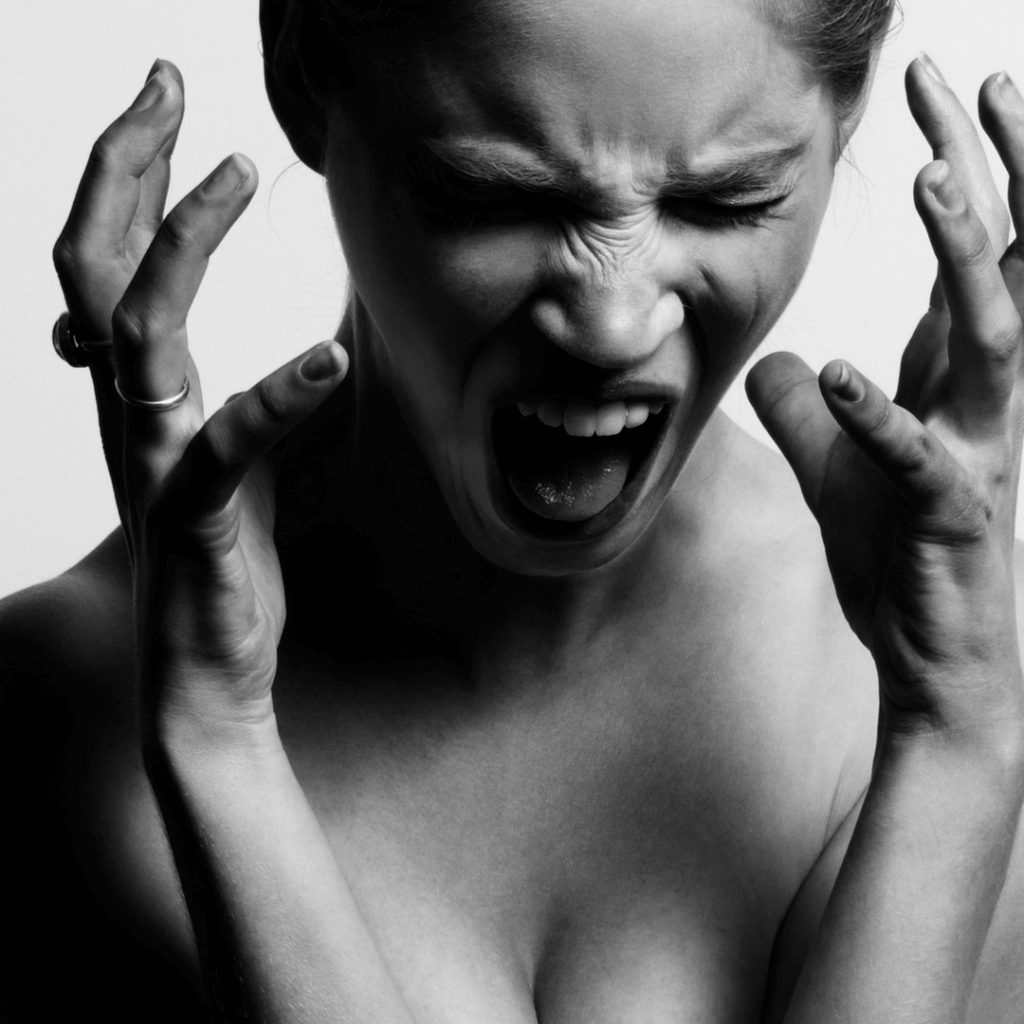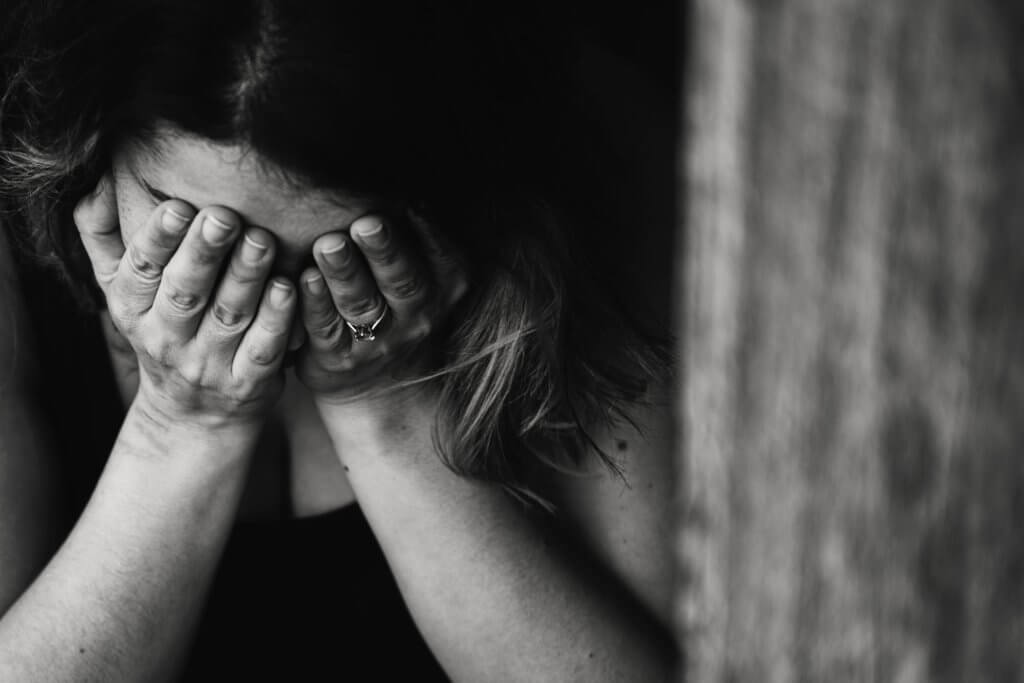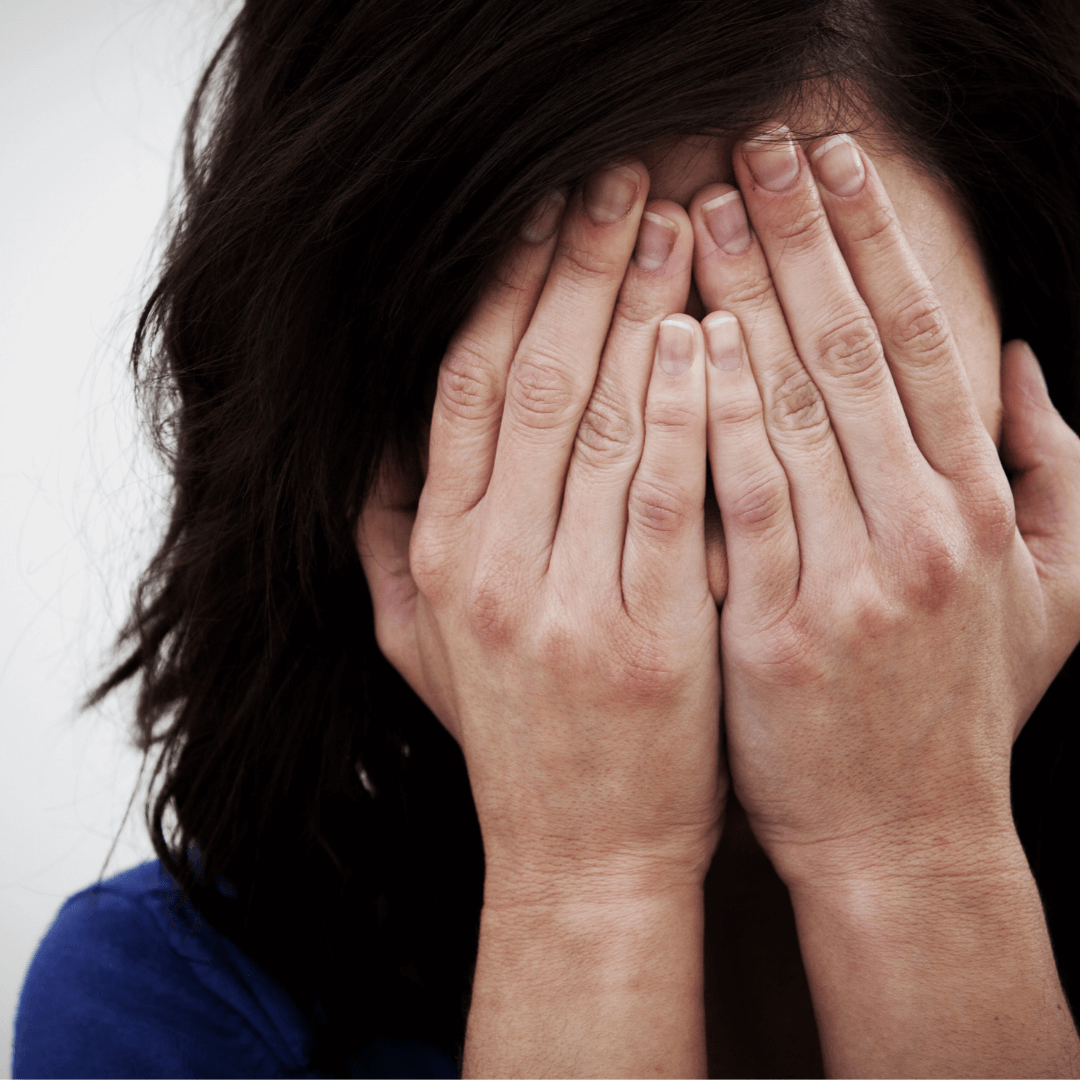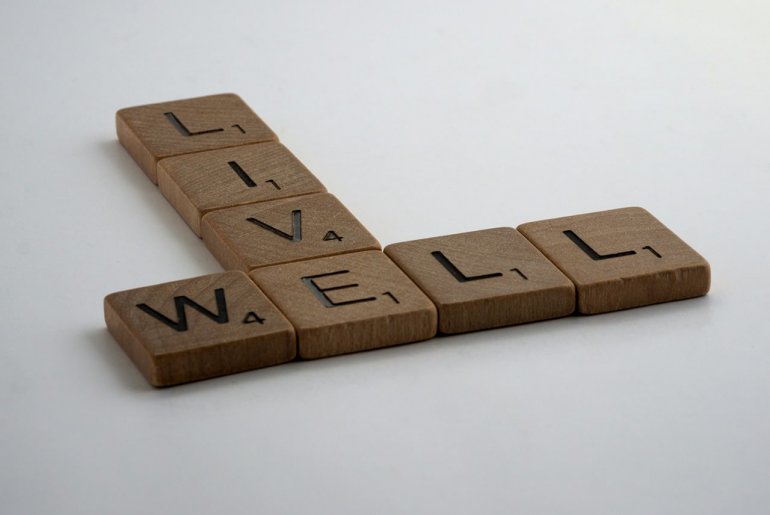Your body will be going through immense changes during menopause and the years leading up to it.
Some of these changes will be physical, and a lot will be emotional. You might feel incredibly overwhelmed at times, and unfortunately that feeling of being overwhelmed can turn into anxiety and even full-blown panic attacks.
Though this could be a menopause symptom, it does not happen to every woman.
If you are unsure whether what you are feeling is a panic attack, read on as we take a deeper dive into this issue…
What Is A Panic Attack?
A panic attack can be described as a wave of fear that comes on suddenly for no apparent reason.
Panic attacks often have no obvious trigger that sets them off.
Some people experience panic attacks as a one-shot deal, and never again. Others experience multiple panic attacks, which can lead to the fear of experiencing more causing an established panic disorder.
Panic attacks can sometimes be the result of some other fear, such as public speaking or driving through a tunnel. Often things that spark fear in us will lead to panic attacks if we are prone to them.

Signs And Symptoms Of A Panic Attack
If you are going about your day as normal, and you are suddenly overwhelmed with immense fear and anxiety, you might well be having a panic attack.
Panic attacks pan out differently for everyone, but the most common symptoms of panic attacks are:
- Flushes of hot or cold
- Nausea
- Tightness and pain in the chest
- Becoming short of breath
- Lightheadedness
- Paralyzing fear
- Intense energy that is wholly uncharacteristic
- Nervousness
- Intense sweating
- Shaking or tremors
- Tingling in your hands or feet
If you have a panic attack, you might not have any of these symptoms or sensations, or you might have ones that are less common. (1)
What Can Cause Panic Attacks?
Many things can cause panic attacks during normal periods of your life.
Menopause is a chaotic time when everything is changing, however, and panic is more likely to set in during this time.
Women have been found to be twice as likely to experience anxiety and panic attacks when compared to men. This is likely due to differing hormones and brain chemistries in the sexes. (2)
During menopause, hormones are rapidly fluctuating, and they cause imbalances in other hormones related to mood. This can result in menopausal anxiety. (3)
Other menopause symptoms like mood swings, fatigue and insomnia can also contribute to anxiety. This anxiety can develop into panic attacks if left untreated.

Women with a family history of anxiety or panic attacks are more likely to suffer through this problem themselves.
If you have experienced anything traumatic in your life, you can be more susceptible to the changes in your body during menopause and you will be more prone to develop anxiety or panic attacks.
Other environmental factors in your life during this period of time can contribute to your mental well-being. Things like work stress, family problems, deaths of relatives, sleep troubles and other external issues all lead to stress, which can lead to anxiety and panic attacks.
5 Cues To Remember During A Panic Attack
If you have suffered from panic attacks, it can feel pretty hopeless.
There’s some good news, though…
Panic attacks and panic disorders are highly responsive to treatment meaning there is a way out. (4)
Here are 5 simple strategies to cope with panic attacks:
- Try to bring yourself back to reality. Soothe yourself and reassure yourself about the situation at hand. Tell yourself you are OK.
- Breathe. No, not shallow, fearful breaths. Breathe in deep, full belly breaths. Look for an app that helps with guided breathing and download it so that you have it when you need it.
- Move. Don’t just sit there. Part of what you are feeling is being fueled by adrenaline, and you need to move around to get it pumping through your body and moving on.
- Distract yourself. Talk to someone. Read the ingredients on the condiment bottle next to you. Look for all the purple things around you. It might seem silly but try to get your brain to focus on anything except what is going on right now.
- Repeat a phrase or mantra that helps you focus and gives you mental strength. It can reassure you and help you reground yourself in reality.
Tips For Reducing Panic Attacks
It is important to find if something is triggering your panic attacks.
Sometimes it will be nothing, sometimes it can be something totally unreasonable. If you can figure out what is causing the attacks, you can help to reduce them.
Some more ways you can help reduce your panic attacks are:
- Relax. Find things to do that help you chill out and not be so stressed.
- Exercise. Even gentle exercise like yoga can help keep you centered and calmer.
- Avoid caffeine. Caffeine is a stimulant and can cause you to feel more worked up or anxious.
- Limit alcohol. Alcohol can act as a depressant which can cause anxiety. Limit how much you drink to avoid frequent panic attacks.
- Get enough sleep so you are not irritable and anxious.
- Talk to a therapist about treating panic attacks. Remember that it is treatable, and you likely don’t have to live with it forever.
- Don’t try to handle this alone. Tell your friends and family so that they can help you through this challenging ordeal. (5) (6)
Seeking Medical Help For Panic Attacks
Sometimes the problem may be severe enough that you wish to seek medical assistance.
Be sure to speak openly with your doctor about what you are experiencing. There are many medical treatments she can recommend, and she might be able to refer you to someone else who can help you cope better with what is going on in your life.
REFERENCES
- https://adaa.org/understanding-anxiety/panic-disorder-agoraphobia/symptoms
- https://adaa.org/living-with-anxiety/women/facts
- https://www.ncbi.nlm.nih.gov/pubmed/21783260
- https://www.psychologytoday.com/us/blog/fighting-fear/201305/cure-panic-disorder-and-agoraphobia
- https://psychcentral.com/disorders/sleep/
- 6. https://www.helpguide.org/articles/anxiety/therapy-for-anxiety-disorders.htm




